ads
Vaccination of pets in London
Vaccination of pets in London
Vaccinations
Dogs, Cats and Rabbits are vulnerable to a range of dangerous infectious diseases.
These can suddenly appear in an area and spread from pet to pet causing a lot of distress and heartache
Fortunately vaccines are available for a lot of the common diseases that we see. These are usually combined into a single yearly injection giving you piece of mind knowing and making sure your pet is protected.
We don’t want to give vaccines unnecessarily so we tailor vaccination courses according to your pet’s age, lifestyle and certain other risk factors.
Unlike immunisation in people, it is essential to get your pet vaccinated annually as some of the vaccines only last a year. If you are late you may have to start your pet’s course all over again – adding extra cost to your preventative healthcare programme. For this reason that we send all our clients regular reminders through the post, text or e-mail when vaccines are due.
Vaccinations for Dogs
The primary vaccinations for puppies helps to overcome the remaining anti-body protection that they still have from their mothers and ensures reliable protection at an early age.
The first vaccination is usually given at 8 weeks old, followed by a second two to four weeks later (no earlier than 10 weeks old), allowing for an early socialisation programme. At the second vaccination appointment we will provide you with your certificate of vaccination.
MetroVet recommends that yearly boosters are obtained to ensure immunisation is up to date.
The team here at MetroVet we can provide the following vaccinations for your dog:
- Parvovirus
- Leptospirosis
- Distemper
- Canine Infectious Hepatitis
- Rabies
- Leishmaniasis
- Herpes vaccination
- Kennel Cough
A full health check is booked for every dog that is having a vaccination to ensure that they are in good health before giving the injection.
Vaccinations for Cats
The primary vaccination course for kittens consists of two injections. As with puppies, kittens will have some protection from their mothers in their bloodstream, which is why a second injection of the vaccine is required to complete immunisation.
Kitten vaccinations start from 8 weeks of age, with the second vaccine administered three weeks after the first. A certificate of vaccination will be provided at the second vaccination appointment.
It is important for annual boosters to be taken to make sure immunity remains effective.
Here at MetroVet we can vaccinate your cat against the following diseases:
- Cat Flu
- Feline Enteritis
- Feline Leukaemia Virus
- Feline Chlamydophila
We can talk you through any type of vaccination that may be required for your cat.
Vaccinations for Rabbits
We recommend that rabbits are vaccinated against myxomatosis and viral haemorrhagic disease (VHD).
Previously this would have been administered through two separate injections, however our new rabbit vaccine means that your pet can be protected against myxomatosis and both strains of VHD with just a single injection.
Vaccinations FAQ
Why does my pet need to have vaccinations every 12 months?
Depending on the disease that your pet is being vaccinated against, the period of time that they are protected will differ. Certain diseases, such as leptospirosis in dogs and flu in cats only carry around 12 months protection, which is why a yearly booster is recommended. Even though you pet might be being vaccinated every 12 months, it is not always against the same diseases – your vaccination card will show you which diseases they are getting boosters for each visit. Visiting us every 12 months for vaccinations also means your pet gets a full annual health check, which is equally important!
Does my pet need to be vaccinated if they live inside?
Although your pet may not go outside, it is still possible for diseases to be brought into the house. This could be via soil on a dirty boot or via other wildlife that could enter the home. Therefore, having full vaccination can provide the protection needed for all circumstances, meaning you don’t have to take the risk.
I have heard that vaccines are risky and to avoid them – is that true?
Any veterinary procedure that is performed can carry some sort of risk, however in the case of vaccinations, it is important to remember that for the majority of pets the benefits of being vaccinated greatly outweighs the risks. Vaccination reactions are rare and where they do occur, they are mostly short-term and mild. Reactions of this nature show that the vaccine is effectively stimulating the immune system. The team at MetroVet are always happy to talk to you about the benefits and risks associated with vaccinating your pet to help identify the most suitable strategy as part of their wider preventative healthcare programme.
+442088810240
Dog Vaccination Schedule: What You Need To Know
Vaccinations are vital for protecting your dog against a number of dangerous, and potentially deadly conditions. Here, our Cordova vet shares the recommended schedule for getting your dog vaccinated.
Puppies
When adopting or purchasing a puppy be sure to request a copy of your new pet's medical records, including their immunization records. Your dog will visit the vet numerous times throughout their life, and knowing their medical and immunization history is important.
When should your puppy get their first shots?
For optimum protection, our Cordova vets recommend that your puppy receive their first round of vaccinations as soon as they are weaned, between six to eight weeks old.
After that, your puppy should receive a series of shots every two to four weeks until they are about 14 weeks old.
I'm not sure if my dog is up-to-date on shots, what should I do?
If you have a dog that's over 16 weeks old and isn't fully vaccinated, or if you don't know the vaccination history of your pet, consult your vet. You may be advised to begin the vaccination process again in order to protect your pet.
When it comes to your pet's health it's always better to be safe than sorry!
Vaccination Schedule for Puppies & Adult Dogs
The following is a helpful outline of which vaccinations your dog should receive and when.
DHLPPC: Protects your dog against distemper, hepatitis, leptospirosis, parainfluenza, parvo and corona.
First vaccination: 6 - 8 weeks
Second vaccination: 9 - 11 weeks
Third vaccination: 12 - 14 weeks
Fourth vaccination: 16 - 17 weeks
Booster shots: Every 12 months
Bordetella: Protection against kennel cough.
First vaccination: 14 weeks
Booster shots: Every 6 - 12 months
Rabies: Keeps your pet safe from the deadly rabies virus.
First vaccination: 16 weeks (varies by state)
Booster shots: Every 12 - 36 months
Lyme: Helps to prevent Lyme disease in pets.
First vaccination: 14 weeks
Second vaccination: 17 weeks
Booster shots: Every 12 months
Does my dog need all of the available vaccines?
Risk factors are different for each pet. However, to protect your dog's health throughout their lifetime it is essential to keep your pet immunized against parvovirus, distemper, rabies and hepatitis.
Your vet will consider the risk factors facing your pet and advise you on which immunizations are best for your dog.
512 Lordship Lane, Wood Green, London, N22 5DD
Tel: 020 8881 0240
press@linnaeusgroup.co.uk
OPENING HOURS
Monday to Friday: 8:30am-7pm with surgery 12pm-4pm
Saturday: Closed
Sunday and Bank Holidays: Closed
- veterinal
- Location
- London
- Country
- United Kingdom
- Address
- 512 Lordship Lane, Wood Green
London, N22 5DD
Locate on map - Phone number
- Show Phone
- Show E-mailThis email address is being protected from spambots. You need JavaScript enabled to view it.
- Website
- https://need-a-pro.com/
- Ad Type
- Job search
- Category
- Pet Care
- Subcategory
- Vets
- Date added
-
Wednesday, 21 July 2021
4 years 7 months ago - Views
- 4538
- Id
- 2840
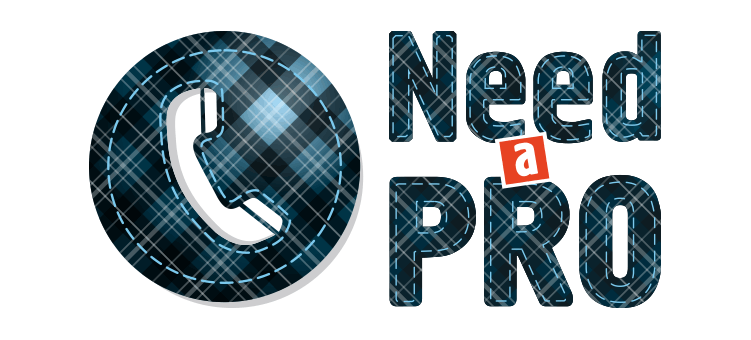





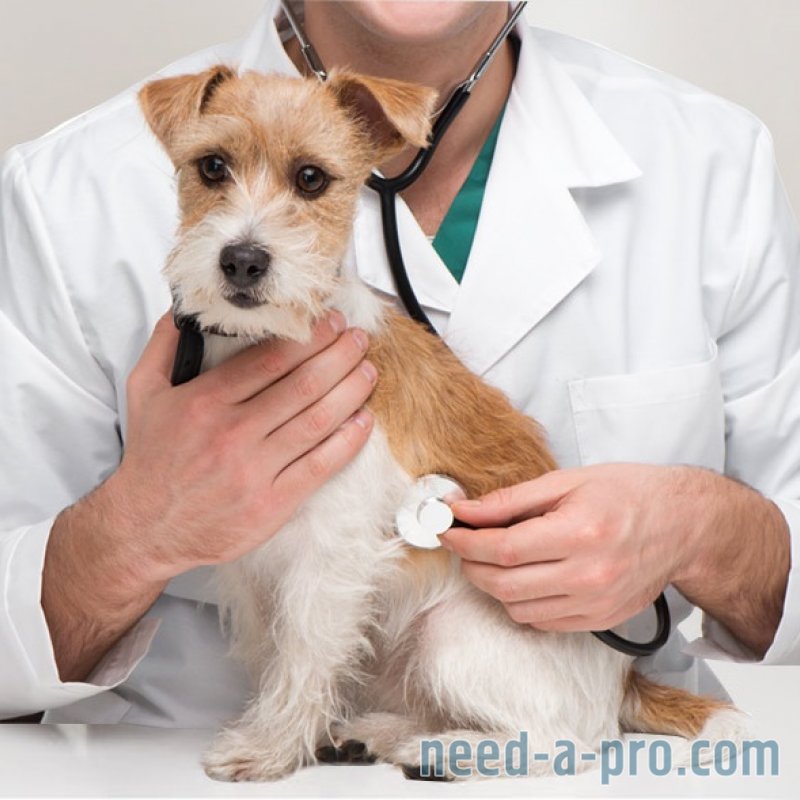
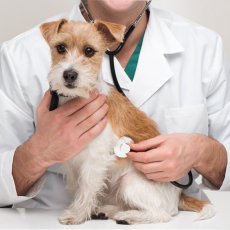

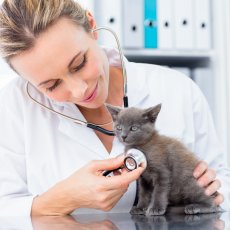

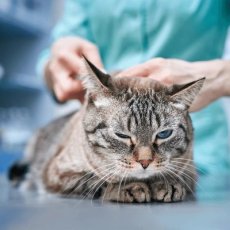



 Vectora Design
Vectora Design